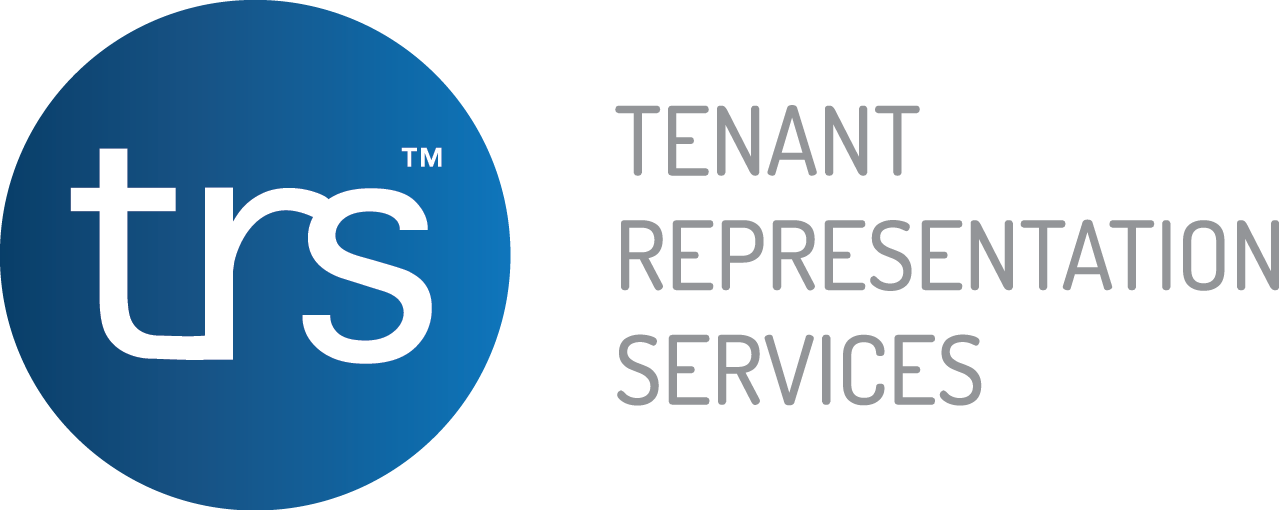Get to know your buzzwords and jargon with this list of definitions.
This office leasing glossary is a comprehensive guide to the most important terms and concepts in office leasing. It covers everything from bank guarantees, heads of agreement, options to renew and subleases. It’s a useful resource for tenants in navigating the office leasing process.
Assignment: When the tenant hands over the responsibility of the lease, and all its obligations, to another party.
Bank guarantee / security deposit: A sum of money paid by the tenant to the landlord prior to the commencement of the lease as a form of security against any damages or unpaid rent at the end of the lease.
Base year: The first year of the lease agreement, used as a reference point for calculating increases in outgoings.
Cap: Limits the amount of rental increase (generally a fixed percentage), over the previous year, at time of rent review.
Cleaning: Typically, the cost of both tenancy cleaning and elements of common area cleaning.
Commercial zoning: The designated use of a property as determined by local government, such as retail, industrial, or office space.
Due diligence: The process of thoroughly researching and evaluating a commercial property before making a purchase or entering into a lease agreement.
End-of-trip facilities: Amenities provided for the convenience and comfort of office workers, such as showers, locker rooms, bike storage and parking.
Expansion option: An obligation of the landlord to provide additional space (generally contiguous) at a nominated future time during the lease, provided prior notice has been given by the tenant.
First right of refusal: Typically, a lease clause that gives an existing tenant the first opportunity to lease additional space that becomes vacant another tenant vacates a space in the building.
Fit-out: The process of customising an office space to meet the specific needs and requirements of a tenant, including the installation of partitions, lighting, and other office equipment.
Heads of agreement: A non-binding document outlining the key terms and conditions of a commercial lease agreement before it is finalised.
Incentive (landlord’s incentive): A financial or non-financial benefit offered by a landlord to a tenant to encourage them to sign a lease or to renew an existing lease.
Landlord (lessor): The person or organisation that owns the property and rents it out to the tenant.
Lease term: The duration of the lease. In Australia, commercial leases are typically for a term of 3 to 5 years.
Lease: A legal agreement between a landlord and tenant, in which the tenant is granted the right to use a property for a specific period in exchange for rent.
Lessee: The tenant.
Lessor: The landlord.
Make good clause: A clause in a lease agreement that outlines the responsibilities of the tenant regarding the way in which the premises is returned to the landlord at the end of the lease term.
Option to renew: A clause in a commercial lease allowing the tenant to extend the lease for an additional period of time at the end of the initial lease term.
Outgoings: The additional costs associated with the ongoing operations of the property, such as property taxes, insurance, and maintenance.
Ratchet clause: Prevents the rent from falling at time of market review, and may nominate a fixed minimum increase.
Rent review: A process in which the rent for the office space is reviewed and potentially increased. Typically based on a fixed review or market review.
Rent: The payment made by the tenant to the landlord for the use of the property.
Gross rent: All operating costs on the property (excluding direct tenancy expenses) are included in the rent.
Net rent: The landlord recovers outgoings from the tenant on a pro-rata basis.
Rental rebate: Typically expressed as a discount for part or all of the lease term. One way the landlord can provide an incentive to the tenant.
Rent-free period: Usually offered as a fixed number of months at the start of the lease. One way the landlord can provide an incentive to the tenant.
Spec fit-out: A pre-designed and pre-constructed space ready for a tenant to move in.
Stay or go: The decision a tenant must make when their lease is coming to an end – renew their lease and stay in their current space or to move to a new space.
Sublease: When a tenant rents out all or part of the leased property to another party, while still remaining liable to the landlord for the terms of the original lease agreement.
Tenant (lessee): The person or organisation that enters into a lease agreement with the landlord for the use of the property.
Tenant representative: A professional that represents the interests of a tenant in commercial real estate negotiations.



